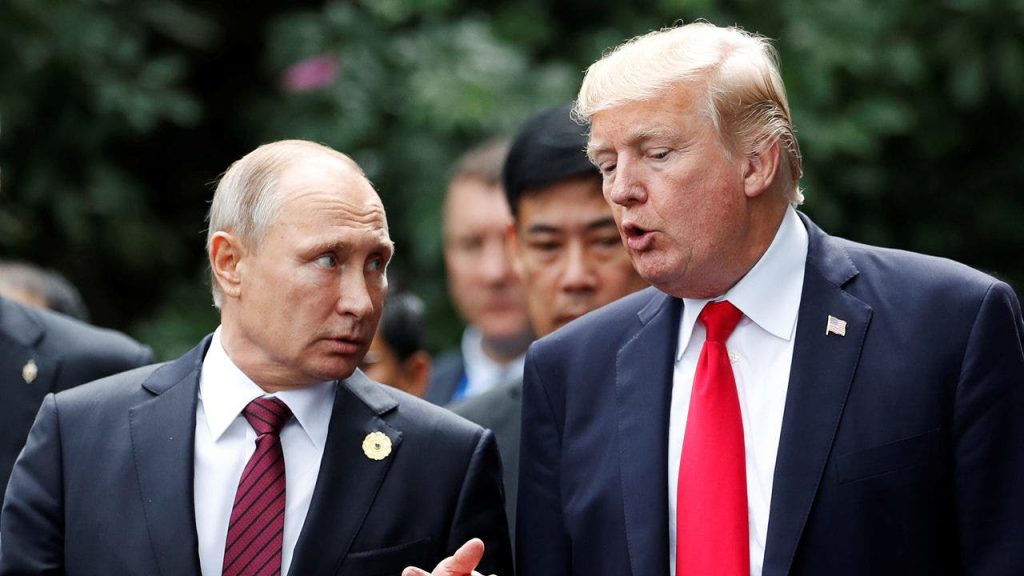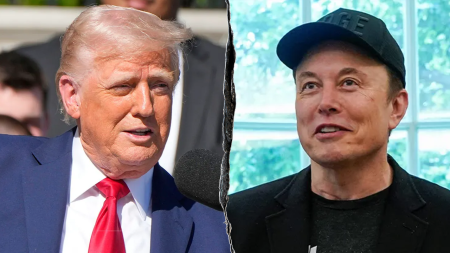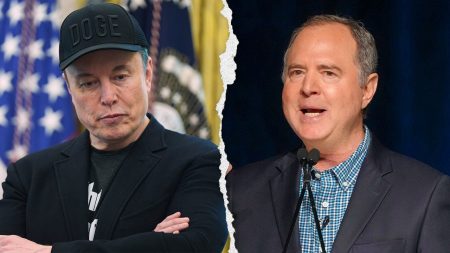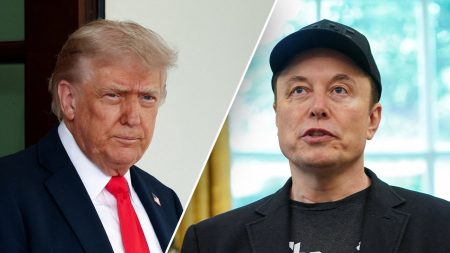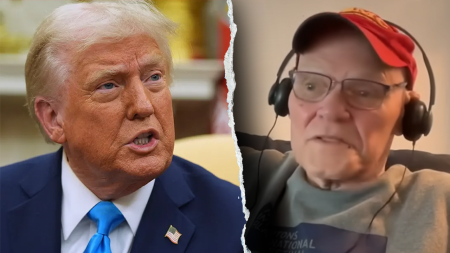The Kremlin has signaled its willingness to engage in peace talks with Ukraine, contingent upon the United States initiating the process. Russian Foreign Minister Sergei Lavrov reiterated this stance, emphasizing that Washington, having “broken the dialogue,” should take the first step. This conditional overture comes as the war in Ukraine approaches the two-year mark, with devastating consequences for both nations. While Russia frames its invasion as a “special military operation,” the human cost continues to mount, with estimates of Russian casualties reaching hundreds of thousands and Ukrainian losses also substantial. The protracted conflict has also inflicted severe damage on Ukraine’s infrastructure, particularly its energy grid, which has been the target of relentless Russian bombardments.
The potential for renewed dialogue has gained traction with the upcoming Trump administration. Retired Lieutenant General Keith Kellogg, Trump’s designated envoy to Ukraine, expressed optimism about the prospects for negotiations, citing a perceived willingness on both sides to end the conflict. He attributed this to the heavy casualties, widespread destruction, and general war-weariness. Kellogg plans to visit Ukraine in January to assess the situation and facilitate communication, envisioning Trump as a “referee” to help mediate between the warring parties. This suggests a potential shift in US policy towards Ukraine under the Trump administration, potentially prioritizing a negotiated settlement over continued military support.
However, significant obstacles remain. While Russia has expressed its willingness to negotiate, its insistence on the US making the first move introduces a potential impasse. The specific terms of any negotiation would also be highly contested, including the status of occupied territories and the future of Ukraine’s relationship with Russia and the West. Furthermore, Ukraine’s own position on negotiations is crucial, and their response to Russia’s conditional offer, and the prospect of talks in Slovakia, will be a key determinant of any progress.
The suggestion of Slovakia as a venue for potential peace talks adds another layer of complexity. While Russian President Vladimir Putin has indicated his openness to this proposal, put forward by the Slovakian Prime Minister, Ukraine’s stance remains unclear. Slovakia’s historical ties with Russia and its reluctance to provide substantial military aid to Ukraine could raise concerns for Kyiv about its neutrality as a mediator. Whether Ukraine would accept Slovakia as a host for talks, given these considerations, remains to be seen. The choice of venue itself could become a point of contention, further complicating the already delicate process of initiating dialogue.
The devastating impact of the war on Ukraine’s energy infrastructure adds another dimension to the urgency of finding a peaceful resolution. Russia’s sustained bombing campaign, targeting power grids across the country, has caused widespread blackouts and disruptions, exacerbating the humanitarian crisis. The deliberate targeting of civilian infrastructure, particularly during the holiday season, underscores the brutal nature of the conflict and the urgent need for a ceasefire. The ongoing suffering of the Ukrainian people adds further pressure on all parties to explore avenues for peace.
The path towards a negotiated settlement remains fraught with challenges. While Russia’s conditional willingness to engage in dialogue offers a glimmer of hope, significant hurdles remain. The US’s role in initiating the process, the specific terms of any agreement, and the choice of venue for talks are all critical factors that will determine the success or failure of any peace initiative. The devastating impact of the war, particularly on Ukraine’s civilian population, underscores the urgency of finding a solution. The coming months will be crucial in determining whether the nascent possibility of peace talks can translate into a tangible end to the conflict.




